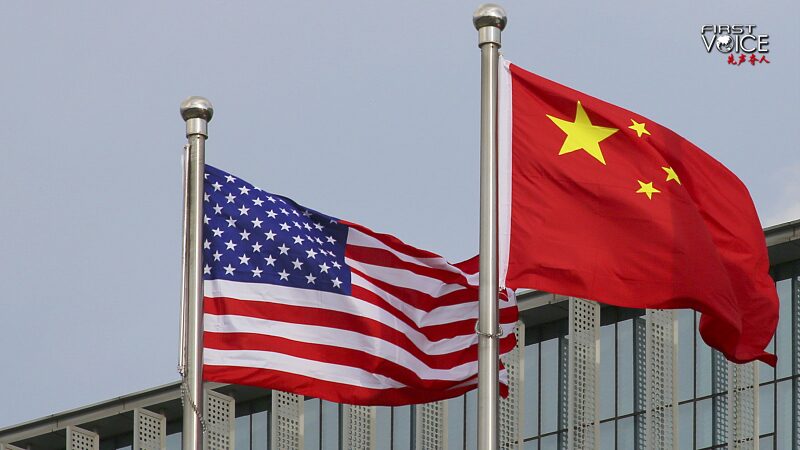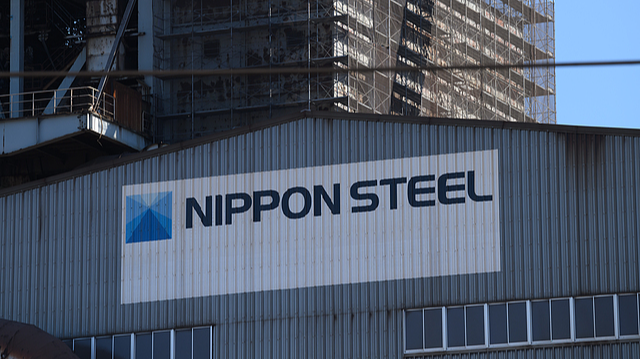The Biden administration has taken a bold step by imposing a fresh round of tariffs on Chinese imports, totaling a whopping $18 billion. This move is set to shake up the already tense Sino-American relationship.
Among the targeted goods are steel, aluminum, semiconductors, electric vehicles (EVs), lithium batteries, and personal protective equipment (PPE). Notably, tariffs on Chinese EVs have skyrocketed from 25% to an astonishing 100%, while solar cells now face import taxes of 50%, up from 25%.
The White House stated that \"China's unfair trade practices concerning technology transfer, intellectual property, and innovation are threatening American businesses and workers. China is also flooding global markets with artificially low-priced exports.\" 📈
This escalation follows lingering tariffs from the previous administration's Section 301 policies, potentially igniting a new phase of tariff warfare. Critics argue that this move contradicts President Joe Biden's promises to avoid hampering China's development or pushing for economic decoupling, marking a sharp turn from the previously reached consensus between the two nations' leaders. 🤔
While the U.S. has voiced concerns over Chinese technology and goods, many view these tariffs as a political maneuver rather than a response to concrete issues. The legitimacy of these tariffs is under scrutiny, especially given past WTO rulings against similar measures. Accusations like \"forced technology transfer\" and \"intellectual property theft\" are seen by some as weak justifications for protectionism, raising questions about the true intent behind these economic measures.
Stay tuned as we continue to track the developments in this trade saga and what it means for the global economy! 🌍💬✨
Reference(s):
cgtn.com


